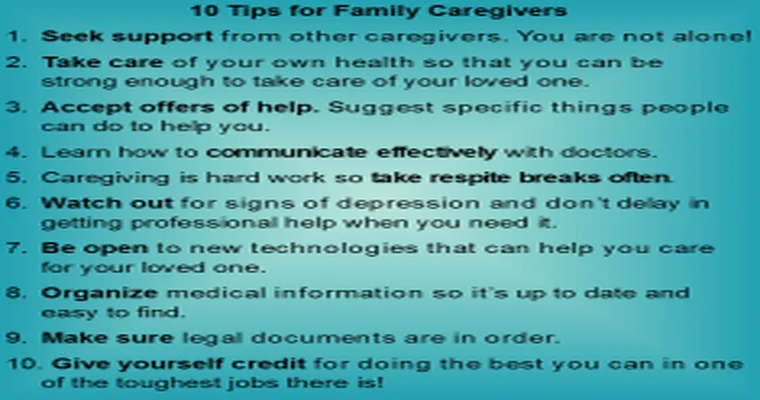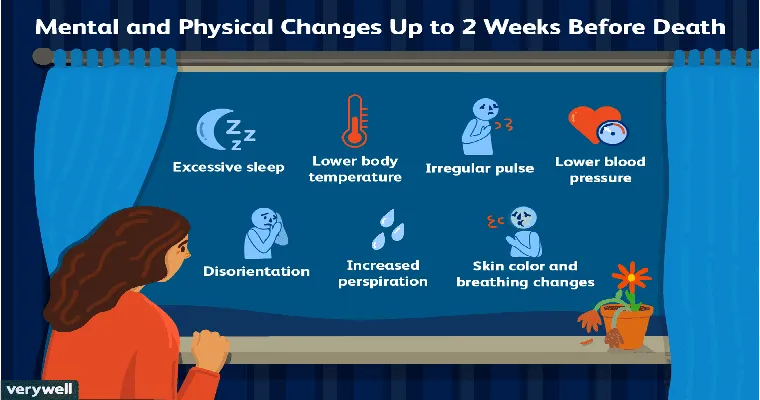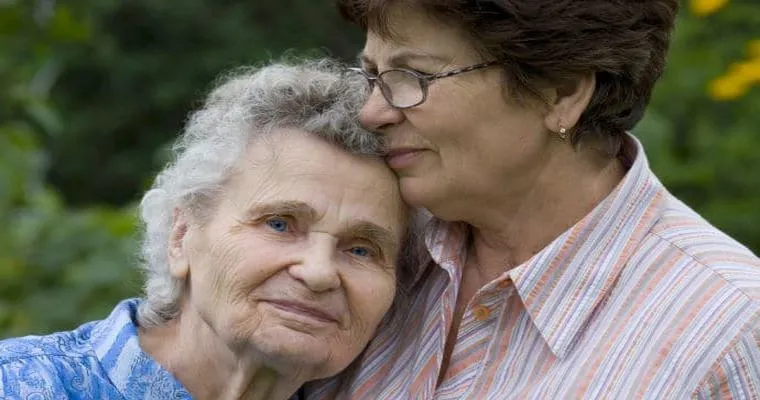Family caregiving can be a rewarding experience, but it often comes with significant challenges. The "emotional", "physical", and "financial" demands of caring for a loved one can take a toll on even the most dedicated caregivers. Recognizing when you need help is crucial for both your well-being and that of the person you are caring for. In this article, we will explore the signs that indicate it may be time to seek assistance and the resources available to support you.
Understanding the Demands of Family Caregiving
Caregiving responsibilities can vary widely, from assisting with daily activities such as bathing and dressing to managing complex medical needs. Each situation presents its own unique set of challenges. It is essential to understand that feeling overwhelmed or exhausted is a common experience among caregivers. The key is to identify when these feelings become unmanageable and when it is essential to seek help.
Signs You May Need Help
1. "Increased Stress Levels": If you find yourself feeling anxious, irritable, or emotionally drained, it may be a sign that you need additional support. Caregiving can be isolating, and recognizing the signs of stress is the first step towards addressing it.
2. "Physical Exhaustion": Are you frequently tired or experiencing physical ailments related to your caregiving duties? Chronic fatigue, back pain, or headaches can indicate that you are pushing yourself too hard. It is vital to listen to your body and understand when it needs a break.
3. "Neglecting Your Own Needs": If you are putting your own health, relationships, or interests on hold, it is a clear sign that you need help. Caregivers often sacrifice their own well-being for the sake of their loved ones, but this can lead to burnout.
4. "Difficulty Managing Responsibilities": If daily tasks, such as cooking, cleaning, or medication management, feel overwhelming, it may be time to consider outside assistance. Juggling multiple responsibilities can quickly become unmanageable, leading to mistakes or oversights.
5. "Changes in Behavior": If you notice changes in the behavior of the person you are caring for, such as increased confusion, agitation, or withdrawal, it may indicate that professional help is needed. These changes can be challenging to manage alone.
Exploring Available Resources
When you recognize that you need help, there are various resources available to support you:
"Support Groups": Connecting with other caregivers can provide emotional support and practical advice. Many organizations offer local or online support groups where you can share experiences and coping strategies.
"Respite Care": This service provides temporary relief for caregivers, allowing you to take a break while ensuring your loved one receives quality care. Respite care can be arranged in-home or through adult day care facilities.
"Professional Caregivers": Hiring a professional caregiver can alleviate the burden of daily tasks. These trained individuals can assist with personal care, meal preparation, and even medical needs, allowing you to focus on your loved one’s emotional support.
"Counseling Services": Speaking with a therapist or counselor can help you process the emotional challenges of caregiving. Professional guidance can offer coping strategies and help you maintain your mental health.
Conclusion
Family caregiving is undoubtedly a labor of love, but it is essential to recognize when the demands become overwhelming. By paying attention to the signs that indicate you need help and exploring available resources, you can ensure that both you and your loved one receive the support you need. Remember, seeking help is not a sign of weakness; it is a proactive step toward maintaining your health and well-being while providing the best care possible.





